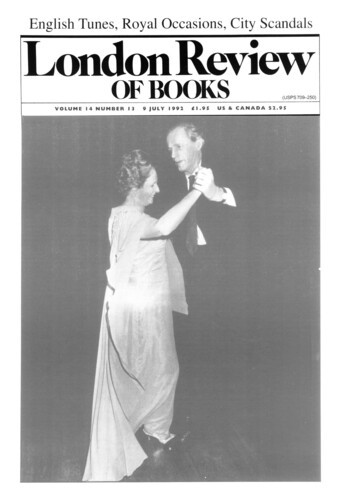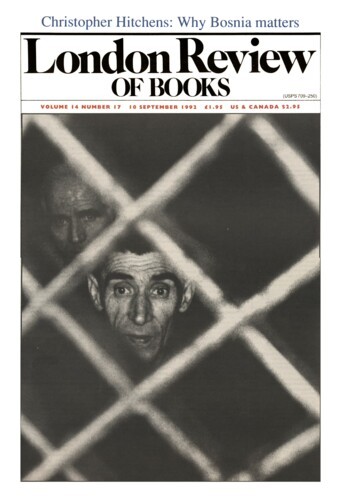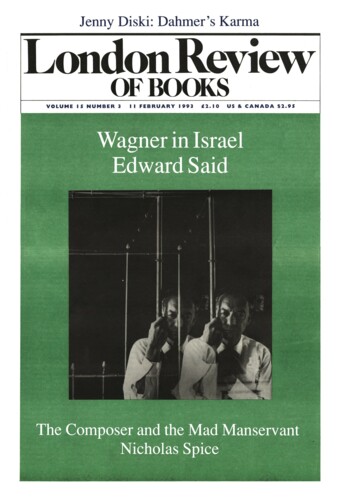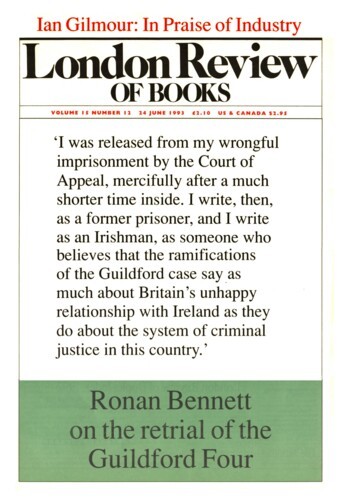In Queen’s University, Belfast, in the Department of English, there is a plaque to a student who graduated in 1954. He was an outstanding student – brilliant, in the opinion of some of his tutors, and he had a great career ahead of him. On graduation he won a scholarship to Oxford to begin his doctoral research on the Metaphysical poets. He was my father.’
The end came on my third birthday. It is my first memory. We lived in a small house in Banbury. But for my birthday party we were invited to the larger home of my godparents, English Catholics in Oxford. They had a lawn, long and flat with neat borders. My father – great joy! – my father played with me in the garden. We played football with balloons. I was deliriously, selfishly happy. I laughed and laughed. And my father picked me up and put me on his shoulders. He held me on his shoulders in the sun and threw balloons up into the air, and we ran after them and I, from my perch, tried to trap them in my arms.




